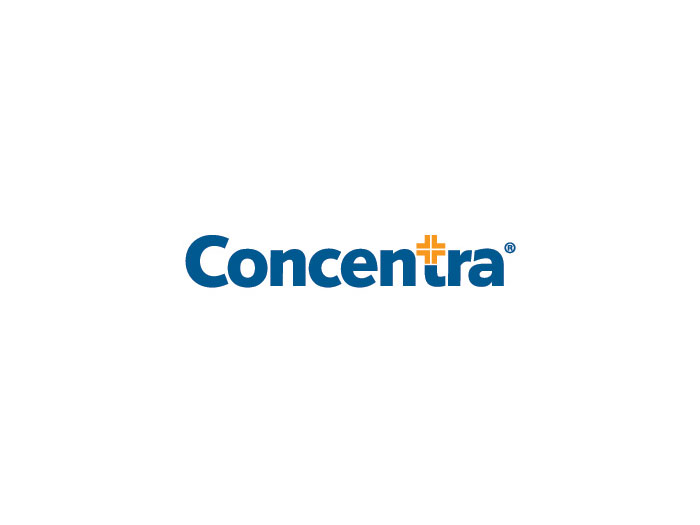Legal Roundup: New Opioid Settlement from Purdue Pharma, SCOTUS Declines Google Appeal to Shareholder Suit and More

New Multibillion Dollar Opioid Settlement from Sacklers, Purdue Pharma
The Case: Thousands of lawsuits have been brought against Purdue Pharma.
The drug maker, run by the Sackler family, “pleaded guilty to misbranding and fraud charges related to its marketing of OxyContin in 2007 and 2020,” reported Reuters. Purdue then filed for bankruptcy protection in 2019.
“The Sacklers had previously agreed to pay $4.3 billion in Purdue’s bankruptcy case in return for sweeping legal protections that would have shielded the family from future opioid lawsuits,” according to Reuters. Eight states and the District of Columbia rejected the settlement, arguing that “the Sacklers were not paying enough to address their role in the harms caused by the opioid crisis.”
Scorecard: Purdue has just “reached a nationwide settlement … with the Sackler family members who own the company boosting their cash contribution to as much as $6 billion,” according to the Associated Press.
Takeaway: According to the settlement, Purdue will be renamed Knoa Pharma “and overseen by a public board,” reported the New York Times.
Knoa is set to evolve “into a manufacturer of medications for addiction reversal and treatment, among other drugs, including OxyContin,” according to the Times.
Terms of the new deal must still be approved by a judge; additionally, the settlement leaves the Sacklers vulnerable to criminal investigation by the U.S. Department of Justice.
$22.5M Settlement in Oregon Pollution Class Action
The Case: After toxic air pollutants were found near Precision Castparts’ Large Parts Campus in Portland, Oregon, residents Brian and Alina Resendez filed an initial complaint in 2016.
Another plaintiff, Debra Taevs filed a similar suit, and a consolidation resulted in a class action, according to court filings. In 2017, Precision moved to dismiss the case, but was denied. The parties then entered mediation, leading to a preliminary settlement agreement in 2021.
Scorecard: Precision Castparts has agreed to pay $22.5 million to settle the class-action lawsuit, according to the Associated Press.
Takeaway: The settlement amount “includes millions of dollars Precision Castparts already spent to improve emission controls at its Large Parts Campus, plus $12.5 million in payments to neighboring residents and their lawyers,” according to the AP.
The payout is estimated at $3,500 per area resident. “Matthew Preusch, an attorney representing neighbors, said it’s the largest environmental class-action settlement in Oregon history,” reported the AP.
Activision Blizzard Faces Wrongful Death Suit
The Case: A wrongful death lawsuit has been filed by the parents of a former Activision Blizzard employee in Los Angeles Superior Court, according to the Washington Post.
The employee, Kerri Moynihan, age 32, was found dead by apparent suicide during a company retreat in 2017.
Her parents claim in the suit “that sexual harassment was a ‘significant factor’ leading to her death,” according to the Post.
Moynihan’s supervisor lied to detectives about the sexual nature of his relationship with the deceased, according to the filing.
Scorecard: The case has just been filed and has not reached resolution.
Takeaway: The Post reports that “Moynihan was first referenced, though not by name, in a California Department of Fair Employment and Housing lawsuit filed last July that accused the company of fostering a culture of sexual harassment, misconduct and gender-based discrimination.”
SCOTUS Declines Google Appeal to Shareholder Suit
The Case: The state of Rhode Island filed a shareholder class action in 2018 against Alphabet Inc., parent company of Google, after the Wall Street Journal revealed that the company exposed user data of over 500,000 Google+ account holders and failed to disclose the breach.
According to Reuters, “the lawsuit accused the company of making false or misleading statements in violation of the U.S. Securities Exchange Act.” A U.S. district judge dismissed the case in 2020, leading to a plaintiffs’ appeal.
In 2021, the 9th Circuit Court in San Francisco “decided that the lawsuit raised a ‘strong inference’ that Alphabet’s then-chief executive Larry Page and his successor, Sundar Pichai, knew about the problem and an internal memo on security matters but intentionally concealed the information from investors,” according to Reuters.
Google appealed the verdict to the Supreme Court of the United States.
Scorecard: SCOTUS has declined to hear the case, leaving in place the 9th Circuit’s decision.
Takeaway: After the 2018 disclosure, Google’s stock price tanked, reducing the company’s market value by $50 billion.
“Google ultimately admitted it had discovered the data exposure in March 2018, though there was no evidence of misuse, and decided to shut down the consumer version of Google+,” reported Reuters. &











